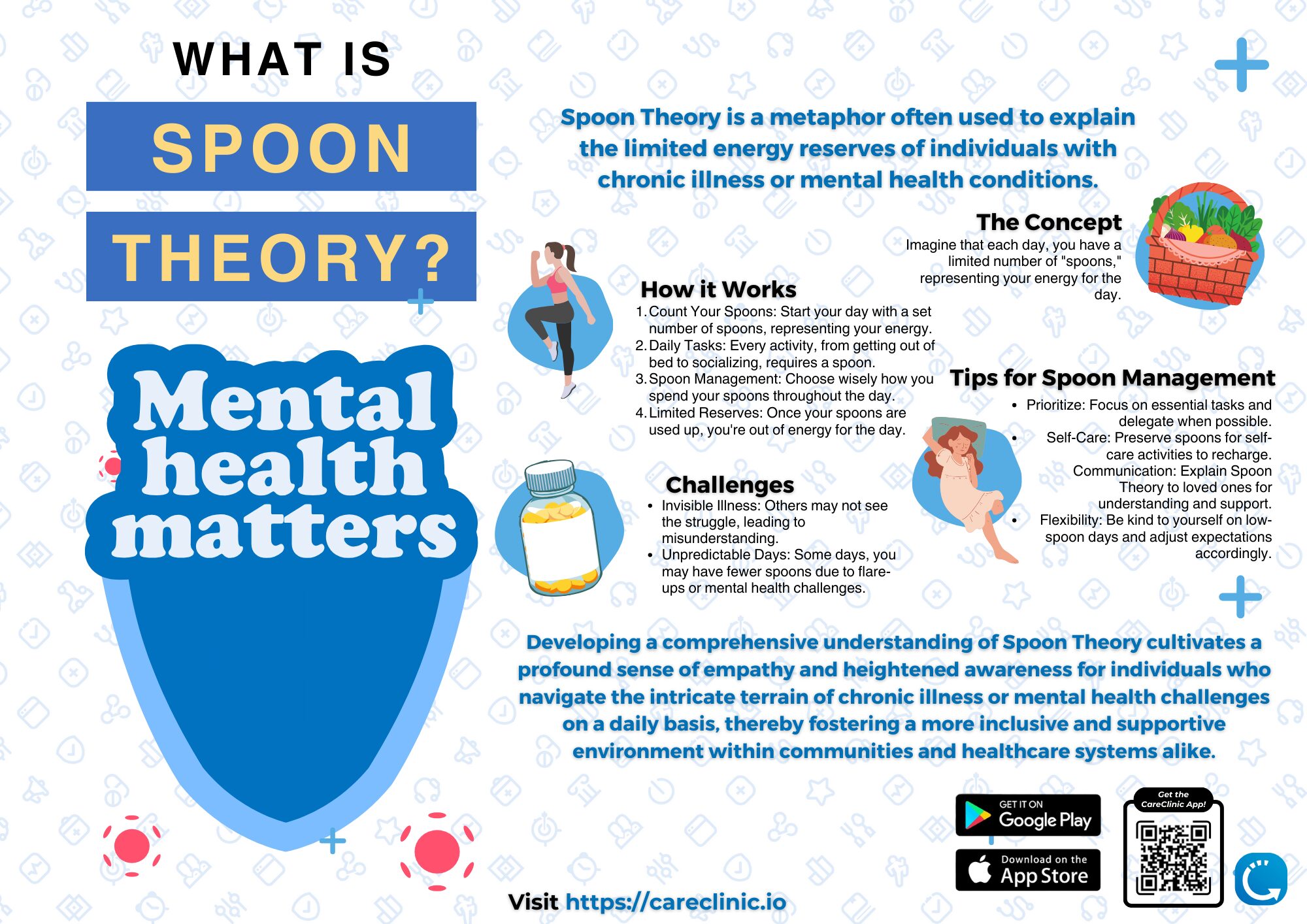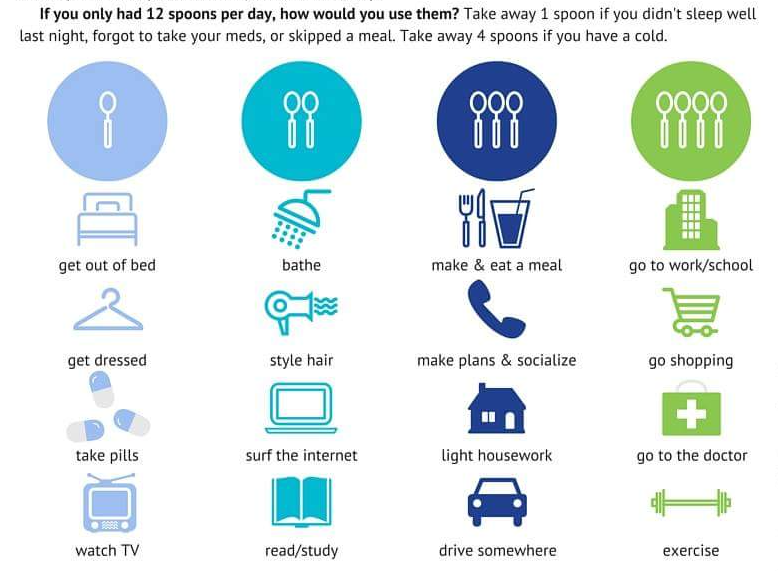Are you someone trying to manage one or more chronic illnesses, mental health concerns, or have chronic fatigue? Do you feel tired and exhausted after routine activities of daily living where other people do not feel the same? Does your mental energy drain faster than the people around you?
If any answer to the above question is “Yes”, you are at the right place to gather more information on managing your symptoms. Using the concept of Spoon Theory, we explain its facts and also elaborate on how to use it effectively using the CareClinic platform.
What is Spoon Theory?
The spoon theory is an analogy that can help you explain the struggles in performing tasks of daily living. The energy we spend in everyday life can be quantified by having a number of spoonfuls every day. It is a way for people living with debilitating illnesses to express that even small chores can cause draining a lot of energy when compared to healthy individuals. This is especially relevant in cases of chronic diseases, chronic pain, chronic fatigue, mental health illnesses, and autoimmune conditions.
The spoon theory was originally proposed by Christine Miserandino. Who was a revolutionary person living with lupus who realistically created the spoon theory. As a realistic and creative way of managing energy with chronic conditions.
Fundamentals of the Spoon Theory
The human body is built in a way that our energy levels and reserves vary throughout the day. Depending upon the existence of physical and mental health conditions, energy store depletion can vary significantly from person to person.
For example, a young person with no medical condition, on average, would wake up every day, brush their teeth, wash their face, take a shower, make breakfast, eat breakfast, get transport to work or school, come back home, change clothes, make and have dinner, and go to sleep. This person can perform most of these tasks as a routine. Without even thinking about fatigue or feeling tired.
On the other hand, think of a person with chronic medical or mental health conditions may it be an autoimmune condition or depression or anxiety. Out of the simple tasks mentioned above, it may take a considerable amount of energy to perform a few or even one task. That is where Spoon’s theory helps fill in the gaps and manage energy levels.
Who Does Spoon Theory Apply to?
The Spoon Theory applies to various medical and psychological health conditions. It not only helps you to anticipate and accommodate symptoms throughout the day but also helps your friends and family to see things from your perspective.
Medical Conditions
- For example chronic pain
- Fibromyalgia
- Chronic Migraines
- Systemic Lupus Erythematosus
- Rheumatoid Arthritis
- Chronic Fatigue Syndrome
- Physical Disability (limb amputation, fracture, spinal cord abnormalities, etc.)
- POTS
Psychological Conditions
- Depression
- Anxiety
- PTSD
Let us talk about each condition and see how Spoon Theory applies to each of them and how you can manage the condition using the CareClinic platform.
Spoons Chronic Illness
People struggling with Chronic pain conditions may find it hard to cope with routine activities. The reason behind this is that their brain is on overdrive to manage the pain and in the process, it interferes with the ability of their brain to perform automated functions such as motor coordination. People with chronic pains also report hypersensitivity to pain even to the slightest stimuli. Their body and brain take an extraordinary amount of energy to fight the pain that fatigues the system down for essentially anything else. Along with chronic pain, there come associated issues. Such as limited energy levels, difficulty in concentration, sleep disruption, emotional stress, difficulty with sexual life, and lack of socialization.
Management of Chronic Pain
Chronic Pain, when diagnosed, is hard to cure. Rationing energy levels for daily work in the form of spoons might be the most effective way to go. The CareClinic platform allows you to create a chart of spoons against common chores and mark them off as you use them throughout the day. You can chart what chores require more spoons for you as per your own unique pain condition.
Fibromyalgia
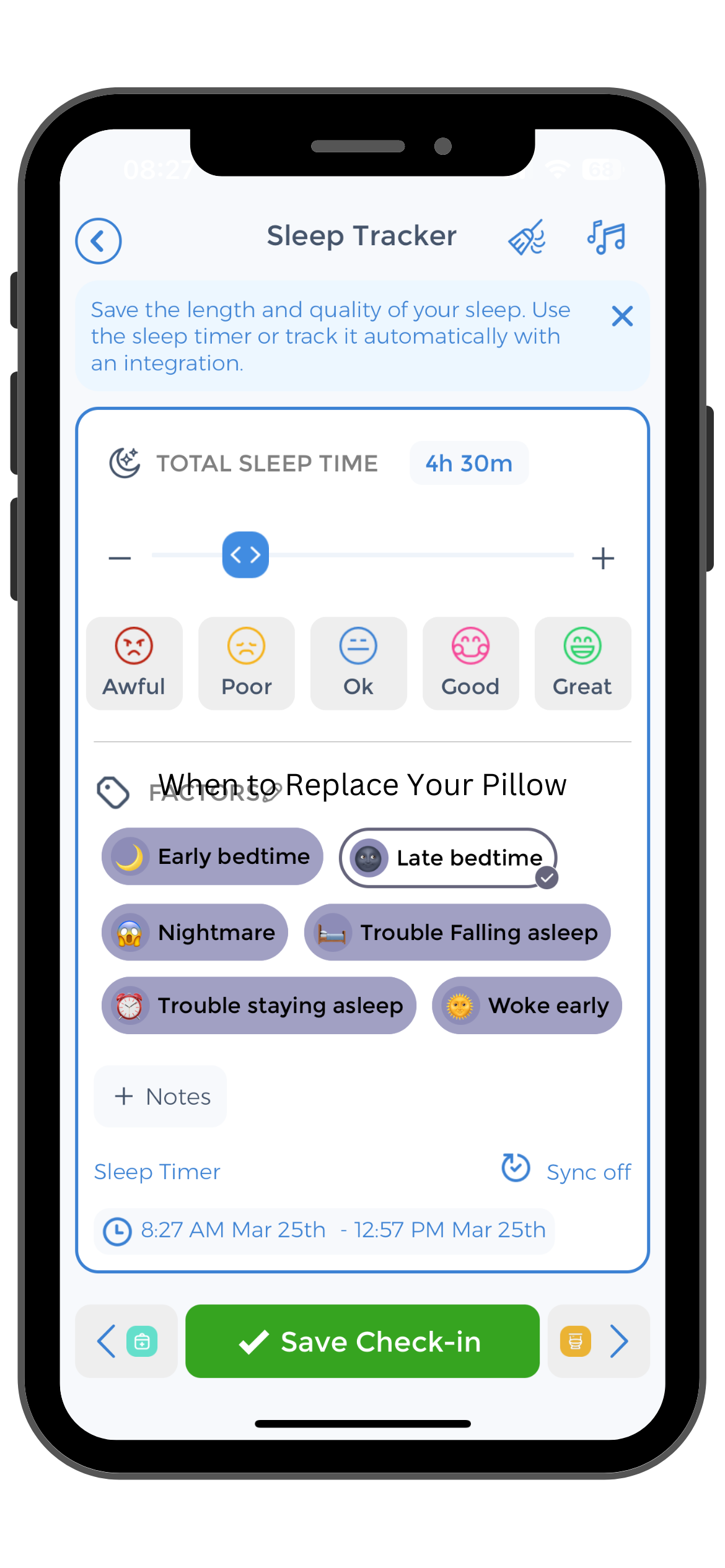 Fibromyalgia is a neurological condition of muscle pain that usually co-exists with other chronic conditions. If you have been diagnosed with fibromyalgia, you must have noticed a change in your everyday life due to constant worry about pain and actual pain episodes. The fear of the inability to physically cope with the challenges of life causes people with fibromyalgia to experience significant impacts on their personal and social lives.
Fibromyalgia is a neurological condition of muscle pain that usually co-exists with other chronic conditions. If you have been diagnosed with fibromyalgia, you must have noticed a change in your everyday life due to constant worry about pain and actual pain episodes. The fear of the inability to physically cope with the challenges of life causes people with fibromyalgia to experience significant impacts on their personal and social lives.
Slowing the pace of life and making choices to conserve energy are the key factors for living with fibromyalgia. CareClinic platform allows you to chart your spoons against energy consumption and time taken for certain chores. The platform allows a social circle feature where you can connect with friends and family so they are aware of your health condition on any given day.
Management of Chronic Migraines
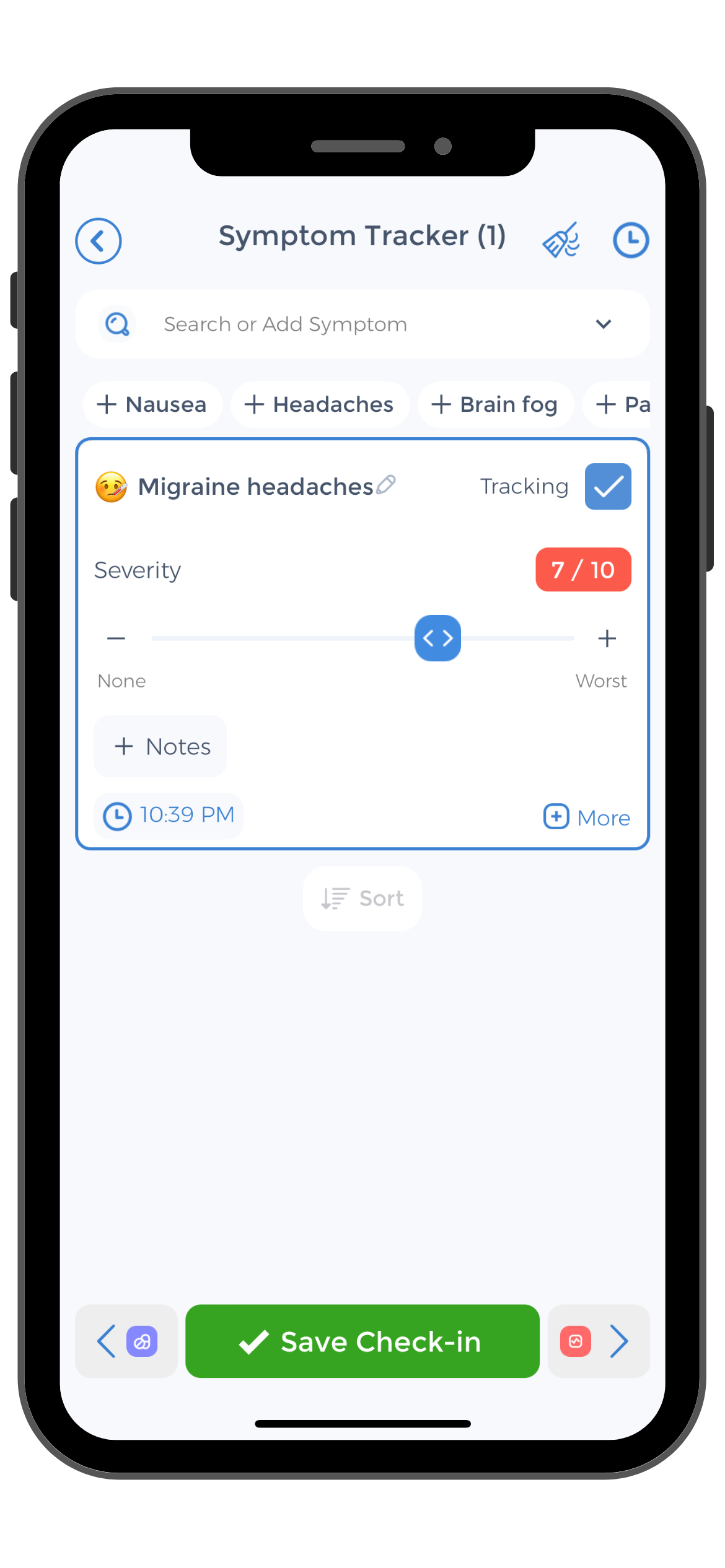 If you are struggling with chronic migraines, you probably would agree that constantly worrying about another attack or trying to avoid triggering factors for your migraine may feel like a full-time job. It also takes away energy and concentration from other aspects of daily life. It can be isolating as people around you who have never experienced a migraine, cannot fully grasp the gravity of the impact it may have on you.
If you are struggling with chronic migraines, you probably would agree that constantly worrying about another attack or trying to avoid triggering factors for your migraine may feel like a full-time job. It also takes away energy and concentration from other aspects of daily life. It can be isolating as people around you who have never experienced a migraine, cannot fully grasp the gravity of the impact it may have on you.
Using spoon theory, you can not only identify the usual energy used prophylactically and actively manage your migraines in terms of spoons. You may find it helpful to always keep a few extra spoons for the days you actually get an episode of migraine and you know it will take away most of your energy to manage it. The other days, when you end up not using those extra spoons, they can come in handy to get more work done.
Lupus Spoons Theory
It is an autoimmune disease where our body’s immune system starts attacking our own healthy cells and organs. It is a chronic illness with episodic flares that may last for weeks or months at a time. The fact that it is a manageable disease does not mean that people with this condition have an equal amount of energy every day. The symptoms of the disease are widespread and its impact can range from minimal impact to maximum impact. People with more impact may even struggle with the most basic activities of life. People with Lupus may constantly be worried about another flare and this result in social isolation.
Management of Lupus/SLE
As with other chronic condition management, you can apply spoon theory to the management of lupus or SLE. No two persons with the same disease are alike. The only person actually handling this condition is the one who can assign a number of spoons as per their disease burden and impact on life. It not only helps them pace their work but also helps people in their social circle to understand better what it is like to be in their shoes.
“All of Out Spoons”
Rheumatoid arthritis is another autoimmune disease with disabling effects on joints. With the effects ranging from joint stiffness to disfigured joints, rheumatoid arthritis can be a debilitating disease with severe limitations in movements. People living with rheumatoid arthritis may take an inordinate amount of time for simple tasks like getting up from bed and sitting on a chair. The joint stiffness may persist for hours in the morning which may cause delays in them getting on with their days.
People try various methods to decide how many spoons are needed for a particular activity. That helps set up reasonable goals and once a person is out of spoons for the day, it indirectly pushes a person to rest and replenish the energy. Using the CareClinic platform, you can track the spoons for the day and check them off as you use the energy performing various tasks.
Chronic Fatigue Syndrome
CFS (Chronic Fatigue Syndrome) is another condition where a person lives with restrictions and limitations in the capacity to achieve daily tasks. Chronic fatigue syndrome is a poorly understood condition and so far, the exact cause has not been identified. Sometimes, it does not even let a person move a muscle which makes it look like an impossible task to get out of bed. This also leads to frustration and isolation from the social circle.
Spoon Theory and Autism
For people with autism, every day can be a challenge. Just getting through the day can be exhausting. People with autism often have difficulty processing information and may become overwhelmed by sensory input. People with autism often have to spend a lot of energy just to get through the day. They may have to put extra effort into understanding what others are saying, filtering out background noise, and avoiding sensory overload.
Management of Chronic Fatigue Syndrome
Spoon theory can be applied to Chronic Fatigue Syndrome very effectively. As it is the mainframe of managing this condition. Taking a step back reviewing one’s capacity and understanding the limitations due to chronic fatigue and unexpected exacerbations are also significant factors. For example, consider you have 20 spoons of energy reserves for the whole day
Physical Disability
People living with any disability may require extra time to perform simple tasks. Depending upon the disability someone is struggling with, the amount of energy consumed to perform a particular task may vary. For example, walking may take an extraordinary amount of energy for a person with a missing limb as compared to a person with a missing arm. The units of energy are subjective and can be different from person to person.
Management of Physical Disability
Using spoon theory, you can customize your daily spoon limit and mark them against tasks. Sharing your plan with the community of friends and family may make it easier for them to understand if you are struggling with a particularly difficult day.
Spoon Theory Mental Health
Just like physical disability, mental health concerns can also be disabling. Due to the social stigma attached to mental health concerns, people suffering from depression find it particularly hard to explain why their energy levels are low. Depression also causes low mood, lack of interest, feelings of guilt, and slowness in performing activities. Sometimes people do not understand the reason for their fatigue. This result in feeling stuck in a vicious cycle of mental struggle, and physical fatigue. This ultimately results in less-than-ideal performance at work or school.
Management of Depression
Spoon theory can be uniquely used for Depression. As it helps the person with depression to understand where their energy is consumed and understand the phenomena. It helps in creating a spoon budget for the day and planning out the activities around it. It also helps in setting realistic goals and setting up the pace that will be required to complete a given task.
Spoon Theory and Anxiety / Panic Attacks
Similarly to depression, anxiety or panic attacks also may leave a person with a crippling inability to perform. Various types of phobias (fear of public speaking, socializing, height, insects, etc.) are also an extension of anxiety/panic attacks. If someone is in a panic attack, it may consume a part of the day or sometimes the whole day in getting over the panic episode and getting on with their routine life. This drains the energy both physically and mentally leaving the person with a pile of activities that are pending.
Management of Panic Attacks
Due to anxiety or panic attack, each interaction where there is a potential to face the trigger has the potential to eliminate several spoons from the daily budget. Using spoon theory, you can envision yourself and things on days when you are struggling through an episode of anxiety or panic.
Understanding the 12 Spoons
Let us explore this with an example. Consider a person with chronic arthritis of the knees that makes it hard to get out of bed in the mornings due to joint stiffness. For this person, even getting out of bed is a task that may require one spoon. Using the spoon theory approach, this person identifies that they get 12 spoons of energy in the whole day.
The figure below describes an estimated amount of spoons that may be required for this person against chores, as the day progresses, this person will be mindful not to waste energy on things that may be done at a later time and plan their day accordingly. At any time of the day, when the number of spoons is finished, that means it is an indicator of taking some rest to rejuvenate the energy reserves.
Fig 1: The spoon Theory, activities of daily living and consumption of spoons.
Knowing if you are a “Spoonie”?
In this article, we have discussed many conditions where the spoon theory can be applied and be of help. People who live with chronic health conditions whether physical or mental and subscribe to the spoon theory may identify them as “spoonies”. Being a spoonie equates to a way to use your energy in quota for the day. If you are someone living with chronic conditions or conditions, you may not have an endless supply of energy for the day. If you identify this fact and learn to pace yourself with spoon theory, it will take the stress away from the unknown. At the same time, it will also help bring your social network together and generate empathy.
Spoon Theory Criticism
Spoon Theory has been criticized for a number of reasons. Some say that it is ableist. As it perpetuates the idea that disabled people are unable to do things or have a good quality of life. Others argue that it is too simplistic and does not take into account the complexities of chronic illness. Finally, some people have said that Spoon Theory is triggering for those with chronic illness. As it can remind them of all the things they are unable to do.
Whatever your opinion on Spoon Theory, it is important to remember that it is just one way of looking at chronic illness. There are many other theories and perspectives out there. So be sure to do your own research and find the one that resonates with you the most.
Who can use the spoon theory?
The spoon theory can be used by anyone but is most often used by people with chronic illnesses or disabilities. The spoon theory can help explain to friends and family members what it feels like to live with a chronic illness or disability. It can also help people with chronic illnesses or disabilities understand their own feelings and experiences.
How to Explain the Spoon Theory
Some people are used to hearing “But you don’t look sick” Spoon theory can help put into perspective how just because someone doesn’t look sick doesn’t mean they don’t feel sick. It can also help people who are struggling to cope with their illness or disability by providing a way to communicate their needs and feelings. Spoon theory is not just for people with chronic illnesses or disabilities, it can be used by anyone who is struggling to cope with a difficult situation.
Applying Spoon Theory in Everyday Life
CareClinic is a user-friendly platform that can help you customize your plans using the spoon theory. In order to apply spoon theory in your life, you can use many features from the platform.
Spoon Chronic Illness
Using the Check-in feature, you can update the number of used spoons as your day progresses. There are some factors that are inbuilt into the platform. You can also create your own tasks vs spoons too by clicking on the blue + button in the top right corner.
Spoon Theory Chart
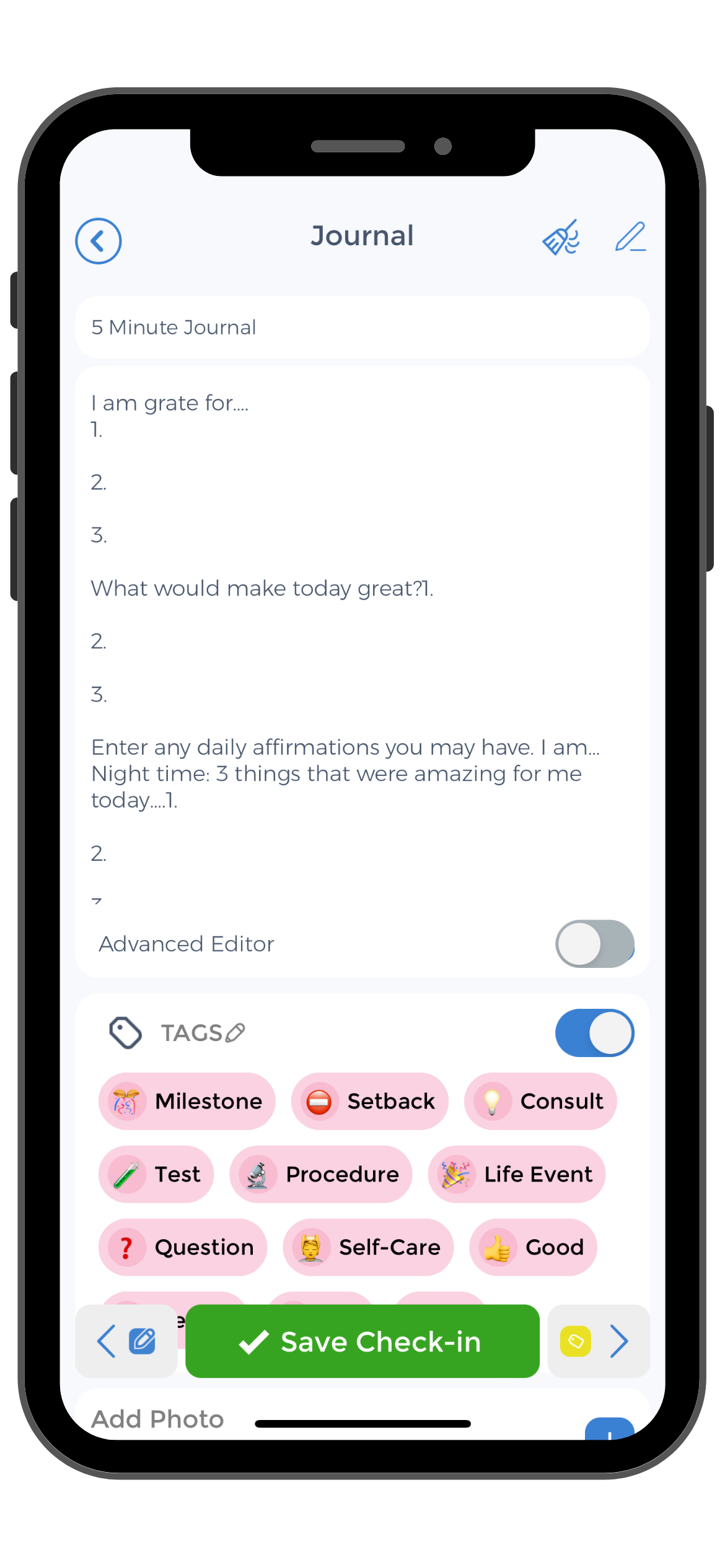 Using the Diary Entry feature, you can write about changes you feel in your energy levels in descriptive form too. This feature also allows you to estimate your spoons against each task. It is highly customizable and you can edit your plan as you go and as you need to. Using this feature, you can not only write or store your own reflection unique to you but also can use it from a preset database built into the platform.
Using the Diary Entry feature, you can write about changes you feel in your energy levels in descriptive form too. This feature also allows you to estimate your spoons against each task. It is highly customizable and you can edit your plan as you go and as you need to. Using this feature, you can not only write or store your own reflection unique to you but also can use it from a preset database built into the platform.
Using this feature, you can make your own portfolio based on your health conditions. You have the opportunity to select from a vast database or add your own condition if needed.
Using this feature, you can set reminders to alert you once you are about to deplete your daily spoons of energy. This can help replenish the energy stores.
The Spoon Theory is a revolutionary concept in the management of chronic illnesses both medical and psychological. It is changing the way people look at their health condition with a positive and motivating spin. If you are someone or you know someone struggling with chronic medical conditions, spoon theory may be very helpful if used to its core. It can also increase the understanding in your social circle about your health condition and be more empathetic towards your needs.
Download the CareClinic App Today
Using the CareClinic App, you can apply spoon theory in your everyday life and be in control of the management of daily tasks by using various features such as diary entry, add a condition, and check-in feature.
Install the CareClinic App today and embark on a path to improved health outcomes and a higher quality of life.


